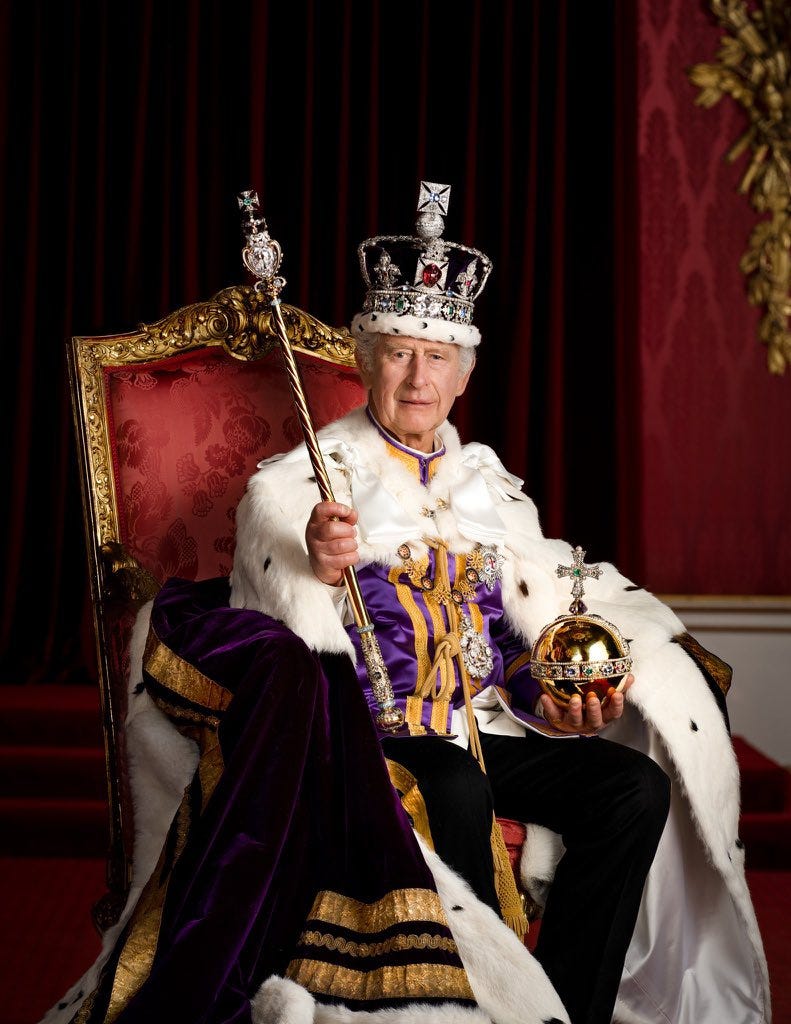If you ever want to sneak a peak; to exercise your voyeuristic instincts; to gush at the portrait of a naked author, I recommend that you read the preface to Don Quixote.
For after writing a burlesque of chivalry books, Miguel De Cervantes took an honest turn. He saw his book as it was—as ugly, and realising that for his fairly disguised but unadorned satire to shine, he had to be as honest as possible with the preface. But then, honesty is hard. Telling the truth is an act of courage.
However, when you read this preface, you realise that honesty and satire are non-identical twins. Because there was no part of the book more satirical than the preface. Yet it was the most honest. Rather, because it was the most honest.
Honest. Not because the writer had stumbled upon the perfect words with which to usher the reader into the reading. But exactly because he had none. And this, contrary to the image of the writer as the person with the perfect words, is the true, vulnerable, nude portrait of every writer: the fear of the blank page. The fear of the truth; how you must tell it and how the listener will receive it. Will my words, ideas, and concepts be received favourably or with scorn; with praises or curses?
Every writer knows that laudits are the best responses. Curses and scorns the second-best responses. The worst response being no response at all. The harshest sentence you can pass on a book and consequently on the author is silence—the absence of reaction; no quizzical eyebrows, no confusion, no smile, no frown; a forlorn face abandoned by all emotions possible. Just nothing. Like a snake that passes on the face of a rock and leaves no trace of ever being there. Without impact.
While battling the likely fate of his book—and the horror it sends down the vulnerable author’s derriere, his friend walked in. A ‘witty and wise’ friend. Without whom I could not have written this. For what forms the rest of the preface—save the early pleading to bear with the child of his understanding—is the advice his friend gives on how to solve the problem of making his unadorned book—lacking epigrams, sonnets, and erudition— compete in a world where the common reader was acquainted with Aristotle, Plato, Horace, and Aquinas. Therefore mirroring the fear of writers: what is the measly child of my understanding as compared with the vast gallery of brilliant authors who have seeded their ideas across the world?
I presume Cervantes’ dilemma is true of the original writer; original, not because what he has to say is new. But according to Scruton, “it originates in its creator. It shows us the world from his or her perspective, draws us into spheres which are not our own.” Thus, the original writer is almost always naked, never deliberately dropping big names for fancy sake, most likely using his own words—ugly as they may be; most often not hiding behind the identity of the ones who came before; ignorant of their words even; perceived as a novice; dismissed as a wannabe; and struggling with fear. And so, Don Quixote’s stepfather reports to his wise and witty friend thus:
For how could I not be confused at what that old legislator, the public, will say when it sees that after all the years I have spent asleep in the silence of obscurity, I emerge now with a tale as dry as esparto grass, devoid of invention, deficient in style, poor in ideas, and lacking all erudition and doctrine, without notes in the margins or annotations at the end of the book, when I see that other books, are so full of citations from Aristotle, Plato, and the entire horde of philosophers that readers are moved to admiration and consider the authors to be well-read, erudite, and eloquent men?... My book will lack all of this, for I have nothing to note in the margin or to annotate at the end, and I certainly don’t know which authors I have followed so that I can mention them at the beginning, as everyone else does, in alphabetical order, beginning with Aristotle and ending with Xenophon, and with Zoilus and Zeuxis, though one was a slanderer and the other a painter. My book will also lack sonnets at the beginning, especially sonnets whose authors are dukes, marquises, counts, bishops, ladies, or celebrated poets, though if I asked two or three officials who are friends of mine.
This is a real fear. But not one that you say facing an audience. To admit a weakness as grave as this? That will be so weak. Yet, these words were printed. We can read them. As if we have been invited to the backroom; to see the sombre eye of the writer in the darkroom as he seeks solace in his friends. We see, and are reminded again that the events under the spotlight do not compare to the heaviness of the backstage. Yet as we marvel at the writer’s honesty, his friend takes us in a direction we could never have imagined. He says with confidence and glee that we can easily redeem that fear. But before redeeming it, he lets us watch the response from one friend to the other; he demystifies the author before our eyes—although at the time it was meant to be a private affair. Chiding Cervantes:
By God, brother, now I am disabused of an illusion I have lived with for all the time I have known you, for I always considered you perceptive and prudent in everything you do. But now I see that you are as far from having those qualities as heaven is from earth. How is it possible that things so trivial and so easy to remedy can have the power to perplex and absorb an intelligence as mature as yours, and one so ready to demolish and pass over much greater difficulties?
A very familiar comment. The cheers and applauses may deceive for a while. But ovations do not linger in the backroom as the writer struggles to write his preface. His friends then see him just as he is: bare, human, slothful, imprudent, and human once again, contrary to the Apollonian image the public casts on him (if at any point they did). After this friendly rebuke comes the remedy:
First, to solve the question of the sonnets, epigrams, or laudatory poems by distinguished and titled people, which you need at the beginning, you must make a certain effort and write them yourself, and then you can baptize them with any name you want, attributing them to Prester John of the Indies3 or to the emperor of Trebizond,4 both of whom, I have heard, were famous poets;
I have never read anything more satirical than this. Precisely because it is honest. It is honest because it disappoints your nobility while simultaneously affirming a secret desire—the desire to cut through the Gordian knot of quotations to satisfy the public. But just as you ponder the (dis)honesty of your actions, it gets funny. Our wise and witty friend continues:
and if they were not, and certain pedants and university graduates backbite and gossip about the truth of the attributions, you should not give two maravedís for what they say, because even if they prove the lie, they won’t cut off the hand you used to write with.
True, no one would cut your hand. But that is not the point. The point is that I am stuck between deciding if this wise and witty friend—who has become “our friend”—is toying with us or if he is serious. And this is the character of nakedness also: nakedness can either be funny or serious. But at least it is easy to find out which is which—nakedness in front of a doctor is serious.
His advice is lengthy. And it gets more interesting. In it, we see how a once naked author with his unadorned, ugly writing eventually wears layers and layers of clothes one sonnet, epigram, and Latin quote at a time. In the end, he resembles a Field Marshall who has awarded himself all the medals available in the military. Or at least he looks like King Charles III in full royal regalia.
Whatever this preface is, it is the picture of an author’s nakedness, the power of wise and witty friendships, the shocking satire in honesty, and the scathing honesty in satire. Ultimately, a book must achieve what it set out to do, whether it is adorned or not. As the friend advises:
keep your eye on the goal of demolishing the illfounded apparatus of these chivalric books, despised by many and praised by so many more, and if you accomplish this, you will have accomplished no small thing.”
We also see what a preface should be; just in case you don’t know what to write when you are faced with the monumental task of writing one. Launch your reader into your text by taking them to the place where the action is most interesting—where the action began. Vale.





